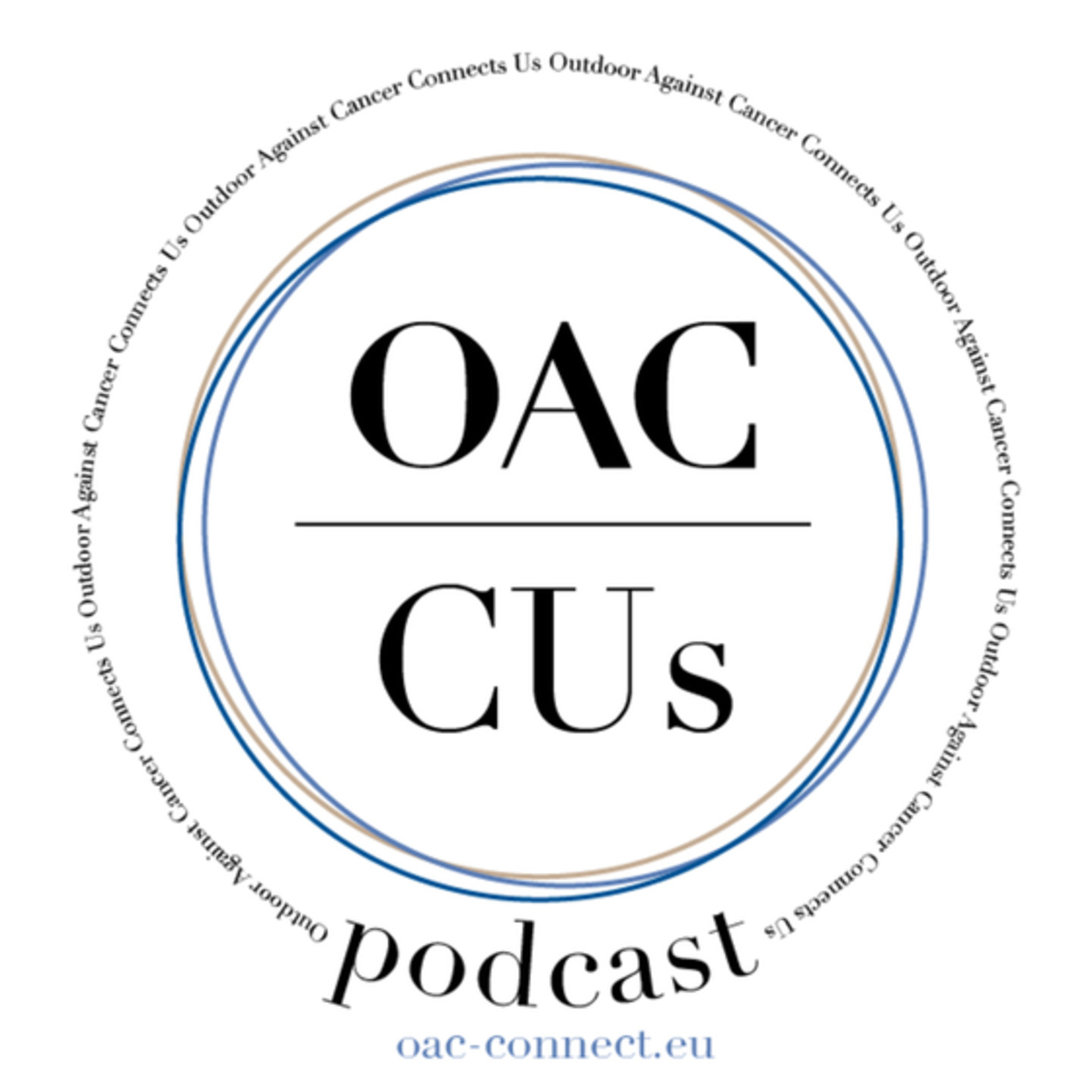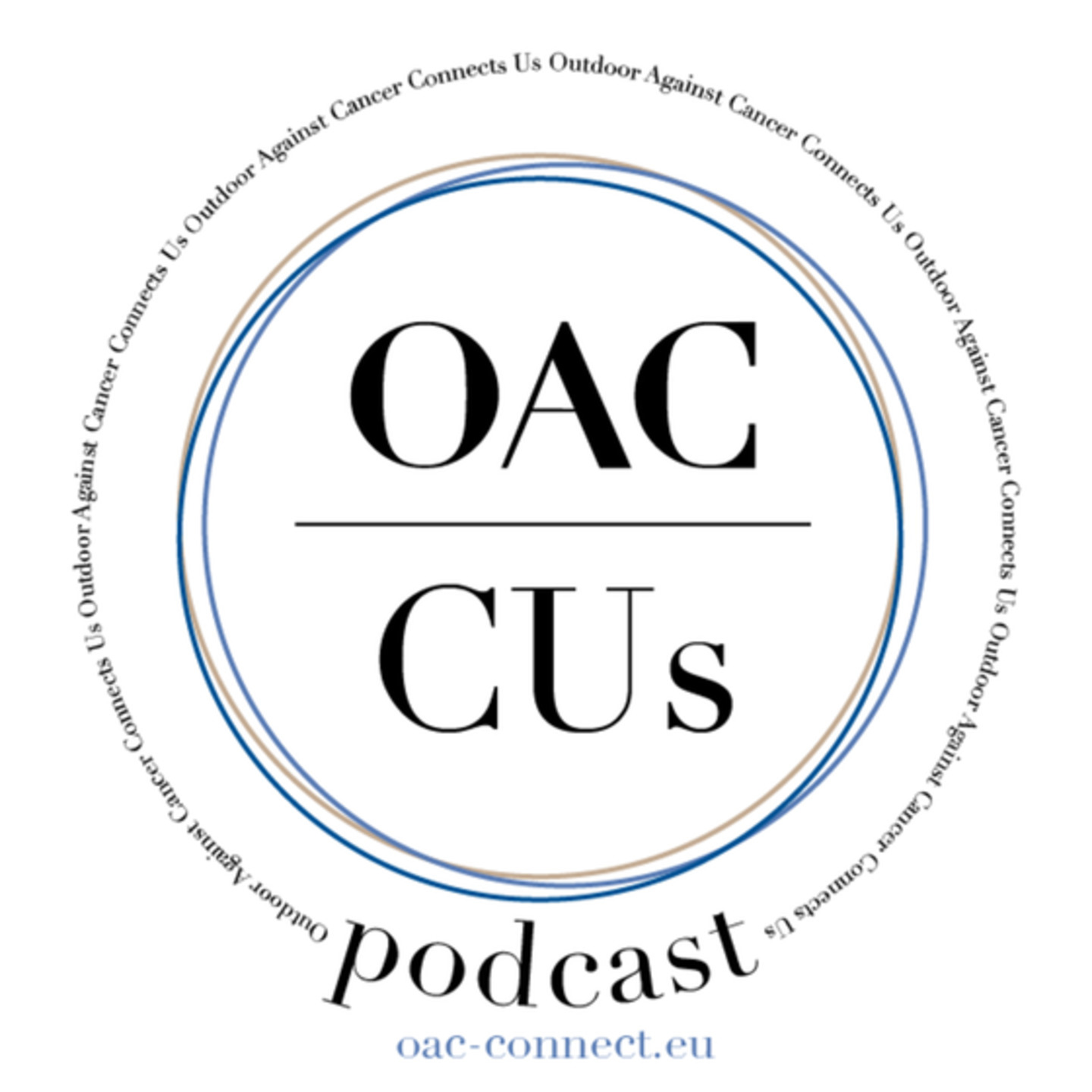Part 2, Social and healthcare professionals working with YCS, Podcast
Metabolic Health Mastery: Empowering Breast Cancer Wellness Through Exercise

Interview Guest: Paola Gonzalo-Encabo (PhD in Sports Science, Postdoc Dana-Farber Cancer Institute in Boston)
Explore the vital link between exercise, metabolic health and breast cancer outcomes in our podcast. From crucial preventative measures for postmenopausal women to the impact of cancer treatments, we examine this intricate relationship. Join us as we delve into cutting-edge research on high-intensity interval training (HIIT) to improve metabolic markers during chemotherapy and uncover strategies to address metabolic dysregulation in breast cancer survivors. Empower yourself with ideas on how to optimise metabolic health for a better breast cancer prognosis.
Interviewer: Sonia Ortega-Gómez (University of Cadiz)
Hosts: Javier S. Morales and Sonia Ortega-Gómez (University of Cadiz)
Part 2, Social and healthcare professionals working with YCS, Podcast
Beyond the Stroll: Navigating Muscle Dysfunction in Oncology

Interview Guest: Lucía Sagarra (PhD in Sports Science, nurse, CEO of the BeONactive sports centre, associate professor at the University of San Jorge)
Many cancer patients commonly engage in aerobic activities such as walking as their primary form of physical exercise. However, is simply walking enough to combat the physical decline associated with this disease and its treatments? Today, we delve deeper into the implications of muscle dysfunction in oncology and the necessity for more than just walking to address these challenges.
Interviewer: Sonia Ortega-Gómez (University of Cadiz)
Hosts: Javier S. Morales and Sonia Ortega-Gómez (University of Cadiz)
